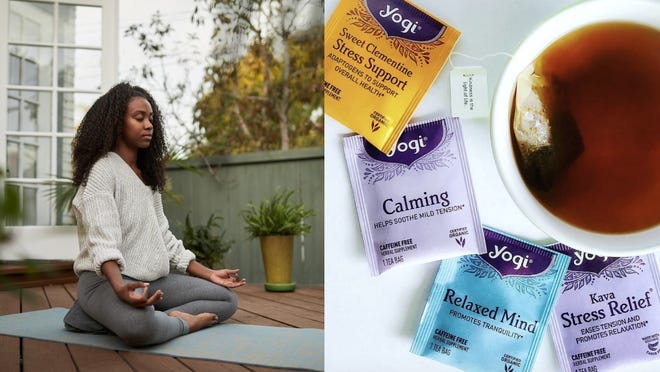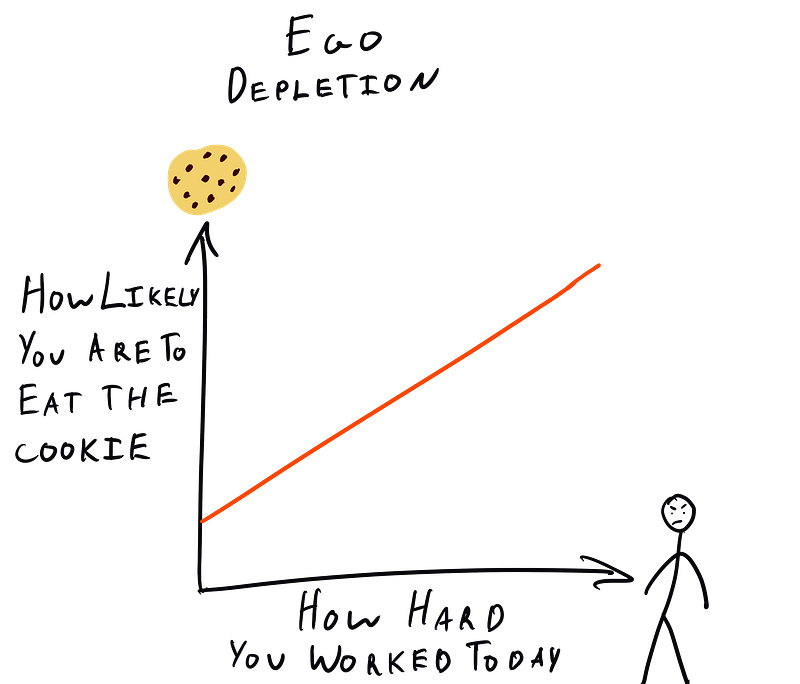The Scam of Self Care
It’s been a long week and now you’re looking forward to some well deserved self-care time. As you light your lavender scented soy candle…
It’s been a long week and now you’re looking forward to some well deserved self-care time. As you light your lavender scented soy candle and single out a facemask from your extravagant overpriced selection of skincare, you think about how rejuvenated you will feel. Putting on your favourite song or comfort movie, you allow yourself to indulge in relaxation. But after this extensive attempt to make yourself feel better, you find that you don’t feel any more invigorated and content than you did in the beginning. This self-care session was supposed to make you feel whole again, so why didn’t it work? Pondering on what you did wrong, you end up feeling way worse than you did before your long awaited me-time.
With self-care becoming a common concept in today’s day and age, we are introduced to many products and approaches to tackle our burn out. In this article, we unveil the truth about self care and how we as consumers have been roped into a materialistic, illusive solution.
The commercialisation of self-care
Self-care teaches us to take care of our well being and to take breaks here and there. With its rise in popularity over the past few years, the internet has adopted self-care as a trend. Surely, where social media goes, capitalism follows. Inadvertently redefining self-care, the concept has become paradoxical:
Influencers jumping on the self-care train are “inspiring” others to take care of their well being. Making videos, Tiktoks and posts about their beloved self-care routines and promoting their latest purchases that are seemingly elevating their relaxation. This influencer culture makes self-care expensive and inaccessible with the obligation to make upscale purchases on “well being necessities”. Later on in the article, we will discuss how this new definition of self-care has seemed to be targeted towards privileged groups.
Defining self-care can be very subjective, it varies with the priorities of the individual. However as a whole, the idea is to actively care for oneself to maintain optimal health and well-being. With the current self-care marketing scheme, this personal and highly subjective journey has been tainted with the need to achieve something. It has been standardised to be extensive with the need to come out of it as a brand new person. Many influencers who make these self-care content have been sponsored by companies to promote their products, thus commercialising a simple, fundamental aspect of everyone’s lives.
The truth of self-care is a lot simpler than how it has been painted. Maintaining your mental health does not require the purchase and possession of materialistic goods. Self-care is not defined by the items you have, but rather what you can do to sustain yourself. It can truly be as simple as taking a nap, drinking water, having a balanced meal, or taking a shower.
Self Care is Synonymous with Ego Depletion
Another aspect of self-care is the idea of integrated self-care. Everyone knows that prevention is better than cure. Thus when correlated to work and studying, we are encouraged to take breaks every so often to increase our productivity and focus. Students have sought after study methods like using the renowned Pomodoro Technique: 25 minutes of focused work, followed by a 5 minute break, and the cycle repeats for the desired amount of time. While proven effective and seemingly a great solution for procrastinators, these productivity solutions are based around the idea of Ego Depletion.
“Ego Depletion is a theory that willpower is connected to a limited reserve of mental energy, and once you run out of that energy, you’re more likely to lose self-control. “
It is the belief that our willpower is physically limited and it constrains individuals from being able to focus for longer periods of time. It has been reputed that taking breaks means replenishing our willpower, but occasionally these mandatory breaks can distract us and interrupt our momentum and train of thoughts. Knowing that we have an upcoming break sets the idea in our heads that we have worked long and hard enough to deserve a break.
Similar to the idea of Ego Depletion, many of us assume that consuming sugar will give us an immediate boost of energy. A study by Carol S. Dwek investigates if the effects of sugar consumption can prevent a drop in self-control performance. They investigated how individuals reacted when they were told to drink lemonade containing sugar while feeling fatigued to give a boost of energy. Evaluating how they reacted, it was found that the sugar in the lemonade was not what gave the individuals an energy boost, but rather the belief of its impact. Those who did not see willpower as a limited reserve did not show signs of ego depletion. Based on this conclusion, ego depletion is caused by our own defeating thoughts and not any biological limitations.
The subjectivity of self-care-Audre Lorde
As previously discussed, self-care is a very subjective matter. Not only is it based on personal preference and needs, it is also tied to privilege.
The exposure and experience of trauma that discriminated groups have endured can cause individuals to go into a “survival mode”, feeling the need to be hypervigilant, to avoid people, dissociate or other traumatic responses. The idolised self-care systems may seem very unattainable in these times. For many privileged groups, forms of self-care may include going out for a holiday, moving into a countryside house, or purchasing expensive goods. However the socio-economic reality for underprivileged groups means that these options are not available.
“For Audre Lorde, in her words, the body is political for black people and self-care for black people took on a very different angle from those from white cultures.”
Audre Lorde was a Black, lesbian, civil rights activist, writer and feminist. Between the 1970–80s Audre was prominent in encapsulating an early impression on self-care. The notion she presented may be seen as different from the current materialistic, commercialised and whitewashed interpretation of self-care. Audre’s form of self-care was not through purchases of skincare, candles and tea, but “self-care was both the sustenance that sustained her ability to enact change and was in itself a radical act.”
In one of Audre’s highly successful works, A Burst of Light, she reflects on how she had committed a large part of her life to civil rights activism. Andre expressed that she used self-care “not only to function in the face of adversity, but as an extension of political warfare.” The systems of White supremacy and institutional racism was not only to oppress the physicality of Black people, but the minds and mental health of Black people, suppressing their social mobility. Audre began discussing her struggles with the black community around her, who began to do the same. This was their attempt to dismantle the discriminatory system.
“Caring for myself is not self-indulgence, it is self-preservation, and that is an act of political warfare.” — 1988 Audre Lorde
Today’s acknowledgement of self-care through social media is an indication that our generation is recognising the importance of it, incorporating self-care more and more into our daily lives. However, the commercialisation of self-care creates class divides and disempowers rather than empowers.
[Written by: Nurrania Alfian. Edited by: Li Zhen]






